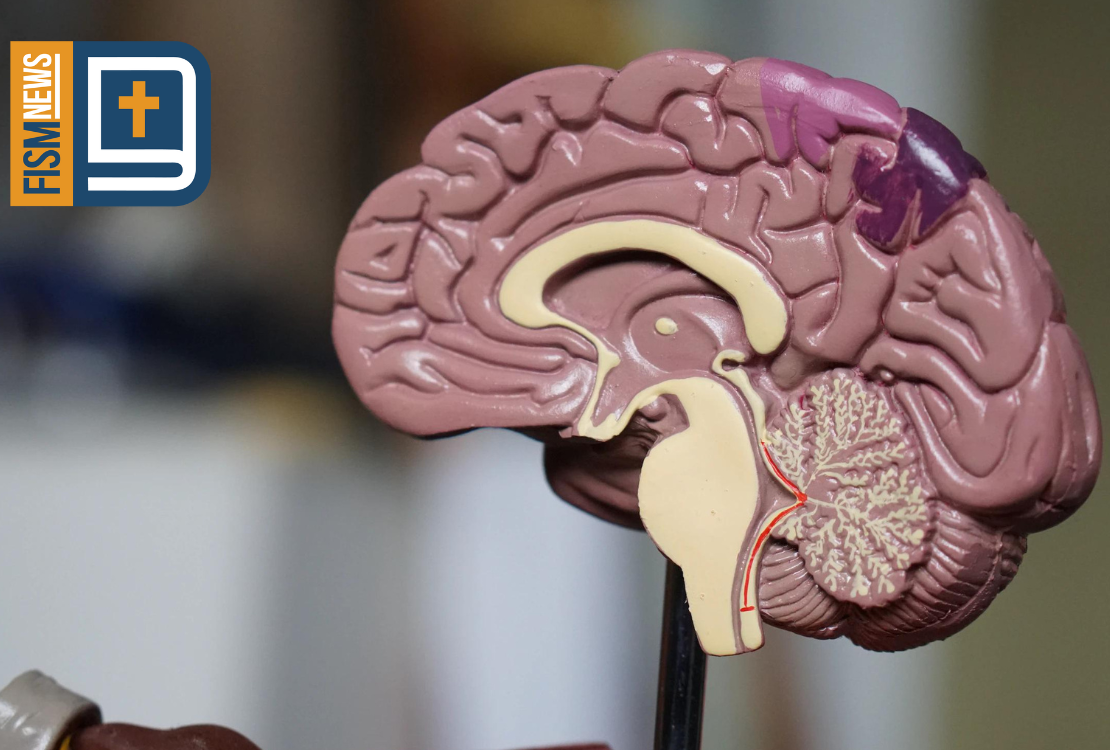
Seth Udinski, FISM News
[elfsight_social_share_buttons id=”1″]
New reports reveal that American I.Q. scores have decreased in the last generation, showing a sharp difference between the trajectory of American cognitive abilities in the 20th and 21st centuries.
According to a study conducted by researchers from both University of Oregon and Northwestern University and posted in the Intelligence journal, the intelligence quotient (I.Q.) among most American adults and adolescents decreased in the 21st century.
The study, titled “Looking for Flynn effects in a recent online U.S. adult sample: Examining shifts within the SAPA Project,” revealed that from 1932 to the end of the 20th century, I.Q. scores increased across the board by roughly 30 points. Then, from 2006 to 2018, I.Q. scores dropped by roughly two points in multiple areas of cognitive reasoning, inducing vocabulary and mathematics.
For reference, the “Flynn effect” refers to the widespread decreasing cognitive abilities seen in many generations today. The phenomenon is named after James Flynn, a 20th century scientist who specialized in monitoring cognitive growth trends.
The researchers who conducted the study concluded that one of the primary reasons for this cognitive regression is because of the widespread use of technology replacing skills of mental reasoning and logic.
I.Q. scientist Ruth Karpinski said,
We’re all getting super lazy in our cognition because it’s getting super easy to do everything. We’re using Waze and Google Maps to get where we need to go. We’re losing our whole sense of compass.
Robert Sternberg, Cornell University professor of psychology, said,
When you can just say, ‘Alexa, do this,’ or, ‘Siri, do that,’ as software becomes more and more sophisticated, there’s less that the human mind has to do.
Author’s Biblical Analysis
For Christians, we can see several implications from this report, and they all have to do with our minds.
First, we see the noetic effects of the fall. Theologians refer to the noetic effects of the fall to describe the negative impact that sin has on our minds. Sin makes us more foolish than we would be otherwise.
As this current generation displays signs showing a lack of cognitive growth, we are also reminded of the promise that our minds will be remade and perfected when our Lord returns to make all things new. Furthermore, even as we wait for His return, the Lord has given us the means to become wise, and it is simply by following His commands.
And do not be conformed to this world, but be transformed by the renewing of your mind, that you may prove what is that good and acceptable and perfect will of God. – Romans 12:2
One of the most prudent and virtuous prayers a Christian can pray is this: “Lord, make me wise.”
With Godly wisdom, you have the ability to discern clearly what is right and what is wrong. You can approach difficult situations clearly, discerning when to speak and when to stay silent. When faced with a choice between two non-sinful options, you have the confidence and clarity to make a decision and be a blessing in it, without the fear of what could have been. This is available for believers when we simply ask for it.
So ask the Lord for wisdom. It is a gift He gives freely, a prayer to which He always answers “Yes.”
A final reminder: if you need an example of wisdom, you have one. Certainly, pastors, theologians, and historical figures can be good, but there is One who supersedes all of them. Look to the Wisest Man who ever lived. It is not Solomon, as wise as he was, but rather the true heir to the throne of David: Jesus Christ.
For the Lord gives wisdom; From His mouth come knowledge and understanding; He stores up sound wisdom for the upright; He is a shield to those who walk uprightly. – Proverbs 2:6-7
